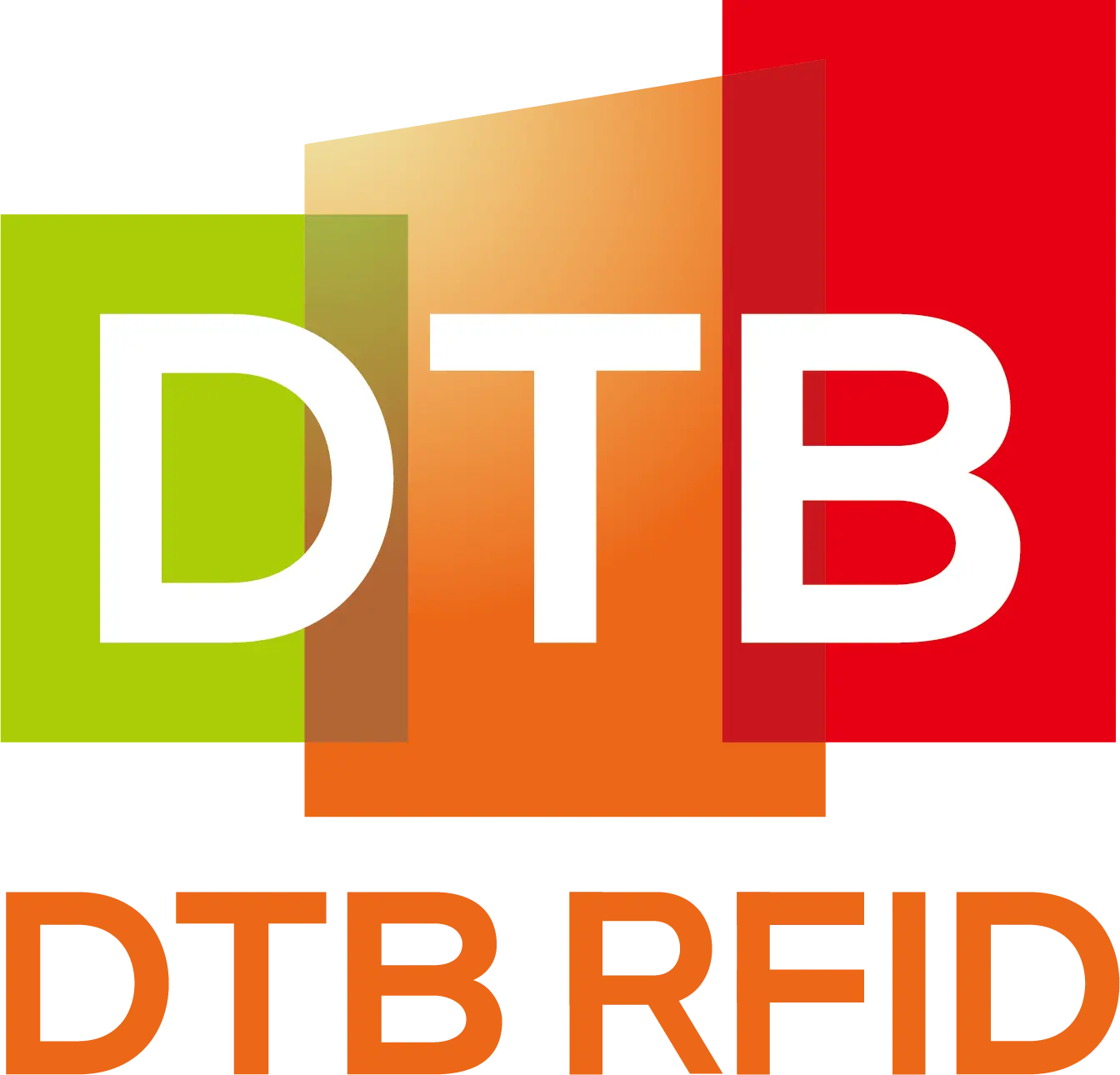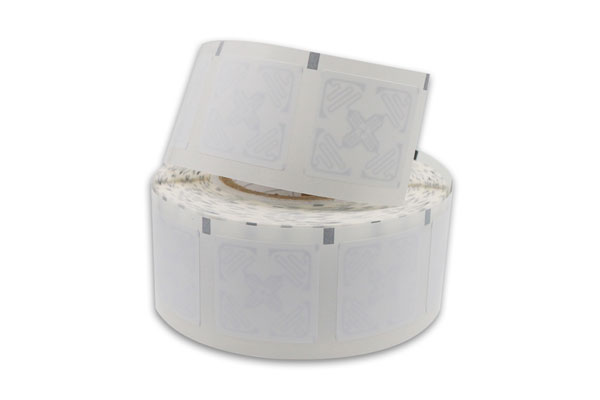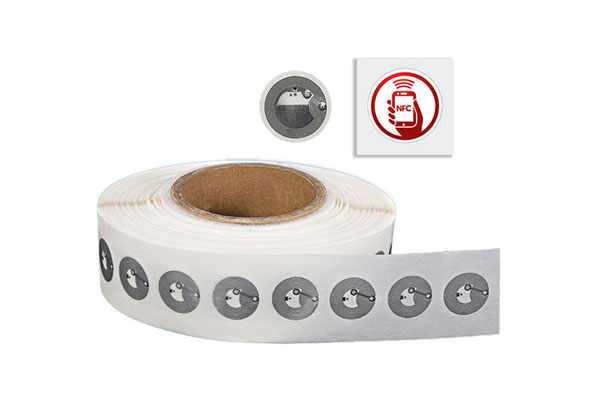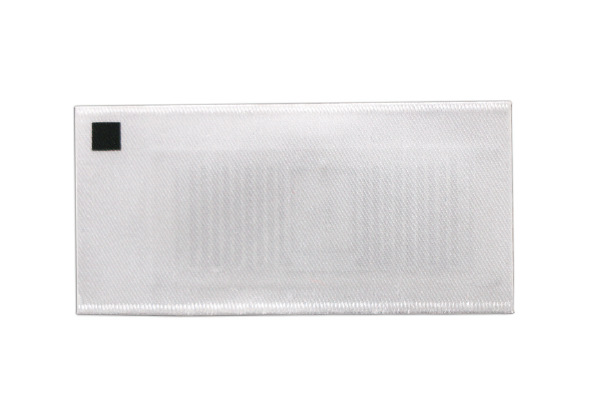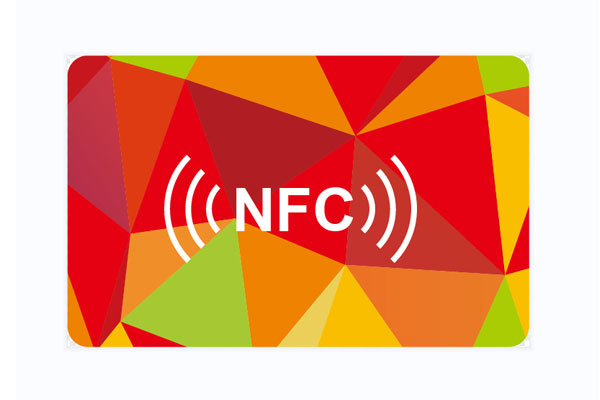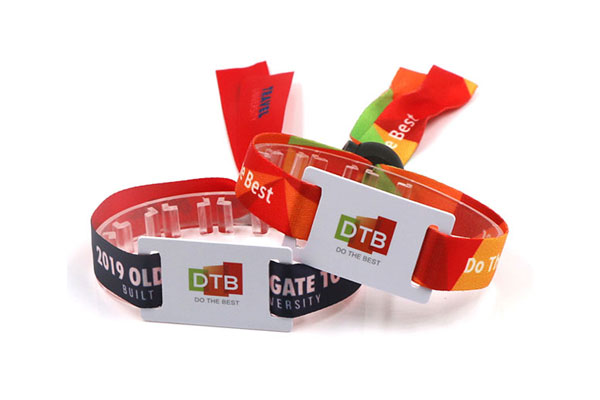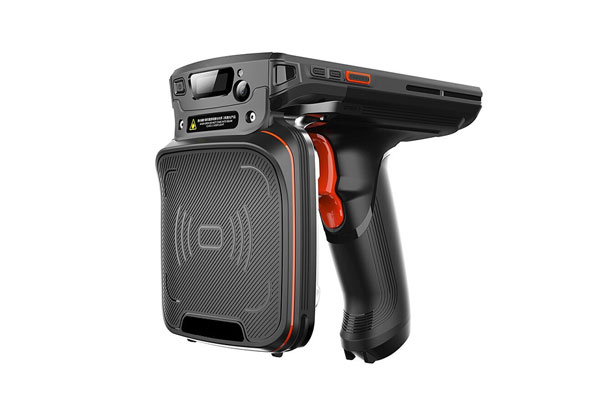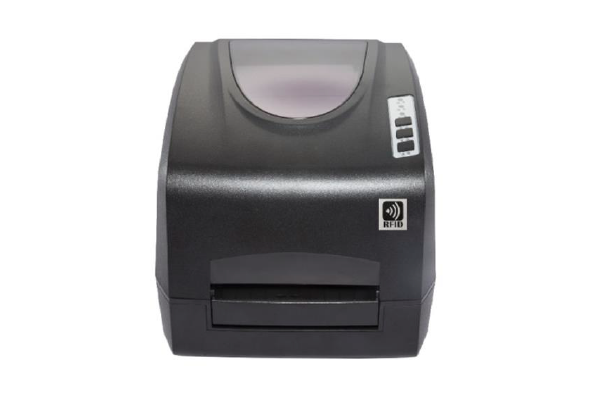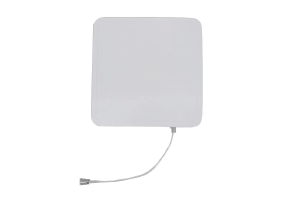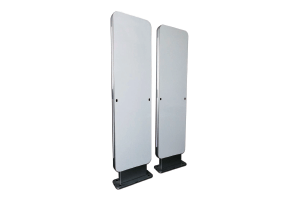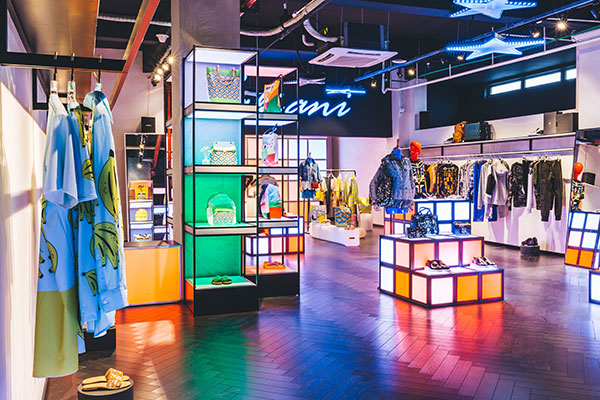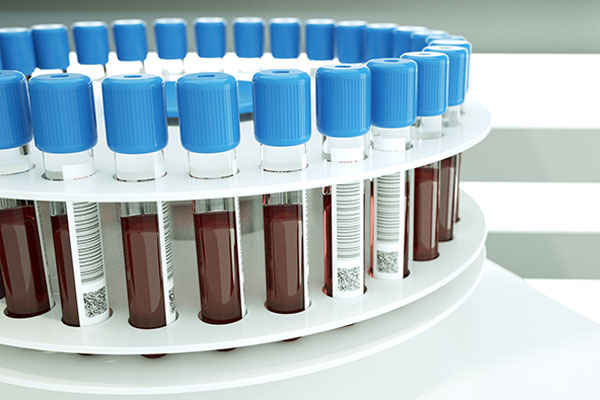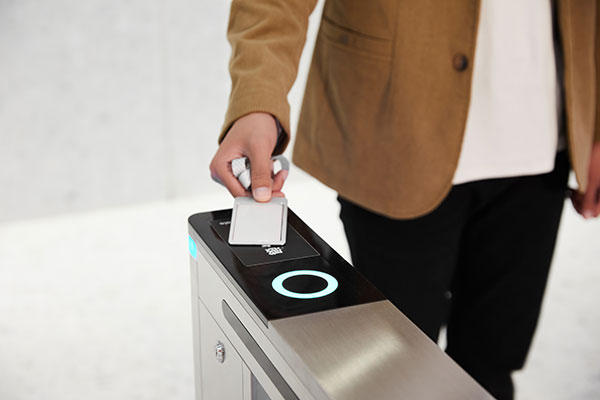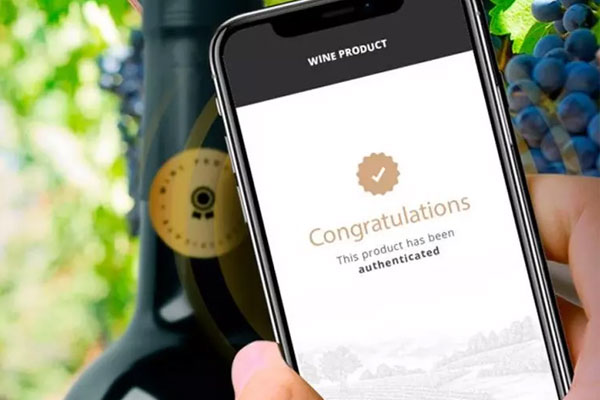In the hospitality industry, ensuring the efficient management of linen is crucial for both cost control and guest satisfaction. High-end hotels typically handle thousands of pieces of linen daily, including bedsheets, towels, bathrobes, and tablecloths. Traditional methods of linen tracking, such as manual counting or barcode scanning, are time-consuming and prone to human error.
According to a study by the American Hotel & Lodging Association (AHLA), hotels that implement RFID in linen management report a reduction in linen loss by up to 20% and improved inventory accuracy by 99%. This article explores how luxury hotels utilize RFID to streamline linen management, enhance guest experience, and achieve cost savings.
RFID Technology in Linen Management
RFID technology operates through small electronic tags embedded into fabric items. These tags store unique identification numbers and communicate wirelessly with RFID readers placed at key locations throughout the hotel. The system consists of three primary components:
RFID Tags – Tiny, washable, and durable chips sewn into linen items.
RFID Readers – Installed in laundry rooms, housekeeping carts, and exit points to track linen movement.
Cloud-based Software – Integrates with hotel management systems for real-time monitoring and reporting.
Unlike barcodes, which require manual scanning, RFID tags enable automated tracking, eliminating the need for direct line-of-sight scanning and reducing labor costs.
Key Applications of RFID in Luxury Hotels
1. Automated Linen Tracking and Inventory Management
Luxury hotels frequently replace and replenish linens to maintain high standards of cleanliness and comfort. Manual inventory methods can lead to inaccurate stock counts and misplaced linen.
The Ritz-Carlton implemented an RFID-based linen tracking system across multiple locations. The system automatically updates inventory levels when linens pass through RFID-enabled laundry chutes or storage areas. This has led to a 30% improvement in inventory accuracy and reduced linen replacement costs by 15% annually.
2. Loss Prevention and Theft Reduction
High-end hotels experience significant linen loss due to theft, misplacement, and damage. RFID technology helps mitigate these losses by monitoring linen movement and alerting staff if items are removed from designated areas.
The Four Seasons Hotel in New York reported a 25% reduction in linen theft after deploying RFID tags in high-value linens such as premium bathrobes and luxury towels. RFID readers at exit points track unauthorized removals, allowing staff to recover misplaced or stolen items quickly.
3. Optimizing Laundry Operations
Hotels outsource laundry services or maintain in-house facilities, both of which require efficient linen processing. RFID simplifies the tracking of linens between hotel rooms, laundry facilities, and storage areas.
Hilton deployed RFID-enabled laundry tracking in its flagship properties, leading to a 40% reduction in laundry processing times. The automated system tracks linen usage patterns, enabling better forecasting for replacement needs and reducing excess orders.
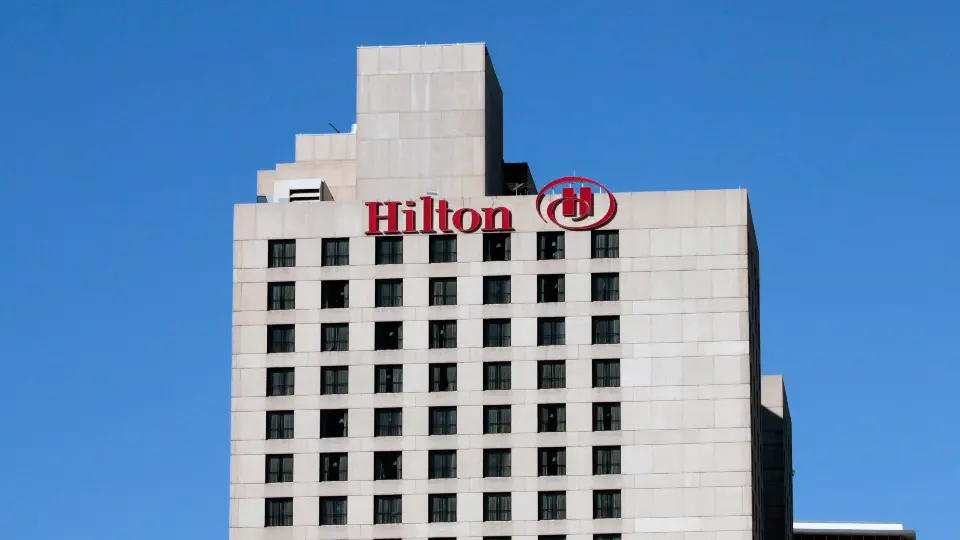
4. Enhancing Housekeeping Efficiency
Housekeeping teams play a critical role in maintaining guest satisfaction, but manual linen counting slows down their workflow. RFID solutions provide real-time data on linen availability, reducing room turnaround times.
At the Mandarin Oriental in London, RFID-enabled housekeeping carts automatically update linen stock levels, allowing staff to request replenishments instantly. This innovation has resulted in a 20% faster room preparation time, leading to improved guest satisfaction scores.
5. Sustainability and Cost Savings
Sustainability is a growing concern in the hospitality industry, and RFID contributes by minimizing linen wastage and reducing water and detergent usage.
Marriott Hotels implemented RFID-based linen tracking to extend the lifespan of linens. By optimizing washing cycles and monitoring fabric wear and tear, they achieved a 10% increase in linen durability and saved thousands of gallons of water annually.
Conclusion
The adoption of RFID technology in linen management has transformed the operations of luxury hotels by improving inventory accuracy, reducing losses, optimizing laundry processes, enhancing housekeeping efficiency, and promoting sustainability. As more hotels recognize the financial and operational benefits of RFID, its implementation is expected to become a standard practice in the hospitality industry.
